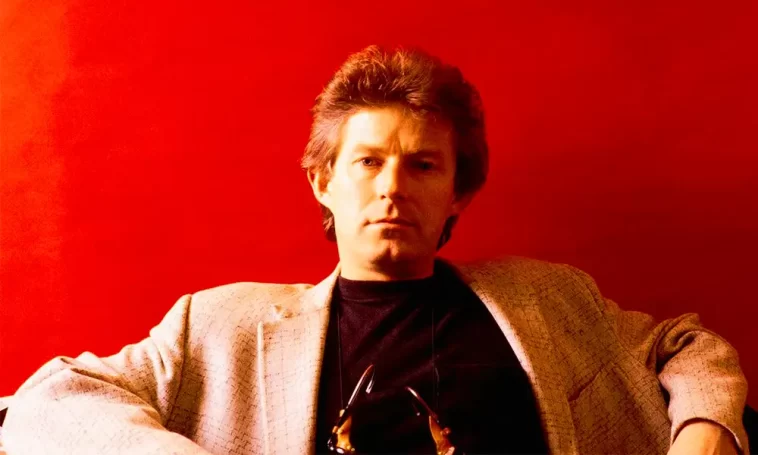When we talk about rock legends, the name Don Henley always finds its way into the conversation. Known as a founding member of The Eagles and later as a successful solo artist, Henley left a permanent mark on music history. But despite his wide influence, Henley once made headlines with his strong criticism of an entire music genre—grunge.
The Eagles: Ordinary Men, Extraordinary Music
In the 1970s, The Eagles weren’t considered the “coolest” band by critics. They didn’t have the rebellious image of The Rolling Stones or the mystical aura of Led Zeppelin, but that didn’t matter. Fans admired the band for being five regular guys creating timeless music. Songs like Hotel California, Take It Easy, and Desperado became cultural landmarks, securing their place in rock history.
Henley’s Solo Journey into the MTV Generation
When the 1980s arrived, the music industry shifted dramatically with the rise of MTV. Many classic rock acts struggled to adapt, but Henley thrived. His solo hits like The Boys of Summer and All She Wants to Do Is Dance proved he could reinvent himself without losing authenticity. Alongside names like Bruce Springsteen and Tom Petty, Henley managed to survive the flashy MTV decade with dignity.
The 1990s Rock Revolution
By the early 1990s, the rock scene had completely transformed. The rise of Seattle grunge—led by Nirvana, Pearl Jam, Soundgarden, and Alice in Chains—reshaped the soundscape. Grunge was raw, emotional, and deeply cynical, tackling themes of pain, alienation, and disillusionment. It became a voice for a generation, especially after the tragic figure of Kurt Cobain emerged as a cultural icon.
But for Henley, this was not a step forward. In an interview around 2000, he admitted:
“Rock’n’roll doesn’t mean anything anymore. I didn’t even like grunge—all that unfocused anger was just a waste.”
Why Henley Saw Grunge as a “Waste”
Henley believed that music should inspire and uplift, even when addressing darker themes. While he respected earlier rock acts that sang about pain, he felt grunge took things to an unhealthy extreme. The cynicism and despair of grunge seemed pointless to him, especially when the genre became oversaturated by less authentic bands after 1994.
Indeed, once Nirvana and Pearl Jam opened the gates, a flood of copycat acts emerged—many of which lacked the originality of Seattle’s pioneers. By the late 1990s, the term “grunge” was being applied to commercialized bands like Creed, Staind, and Nickelback, far removed from the raw authenticity of the movement’s beginnings.
Was Henley Wrong About Grunge?
While Henley’s critique might sound harsh, it raises an important debate: Should music only be about joy, or is there value in expressing pain and anger?
Grunge, for all its darkness, reflected the reality of a disillusioned generation. It gave millions of young listeners a voice for feelings they couldn’t express otherwise. Songs like Nirvana’s Smells Like Teen Spirit or Pearl Jam’s Black carried a raw honesty that continues to resonate decades later.
Henley might not have enjoyed the genre, but to dismiss it as a “waste” overlooks the cultural and emotional power it held.
The Balance Between Light and Dark in Music
Even if Henley disagreed with grunge, his perspective highlights something valuable: music should show both light and darkness. The Eagles’ catalog itself reflects this balance—songs like Hotel California are haunting and mysterious, while Peaceful Easy Feeling radiates calm optimism.
Similarly, grunge artists revealed the shadows of human experience. It wasn’t “happy music,” but it was authentic, and authenticity is one of the greatest strengths of rock and roll.
Legacy and Reflection
Today, Don Henley remains a respected voice in the music industry. His criticisms of grunge didn’t erase the movement’s importance but instead revealed a generational clash in how musicians viewed the purpose of rock. For Henley, music was about craftsmanship, storytelling, and timeless quality. For the grunge generation, it was about raw truth, no matter how painful.
Both sides, in their own way, expanded the boundaries of rock and roll. And perhaps that’s the real beauty of music: there’s room for both the sunshine of California rock and the rain-soaked angst of Seattle grunge.

